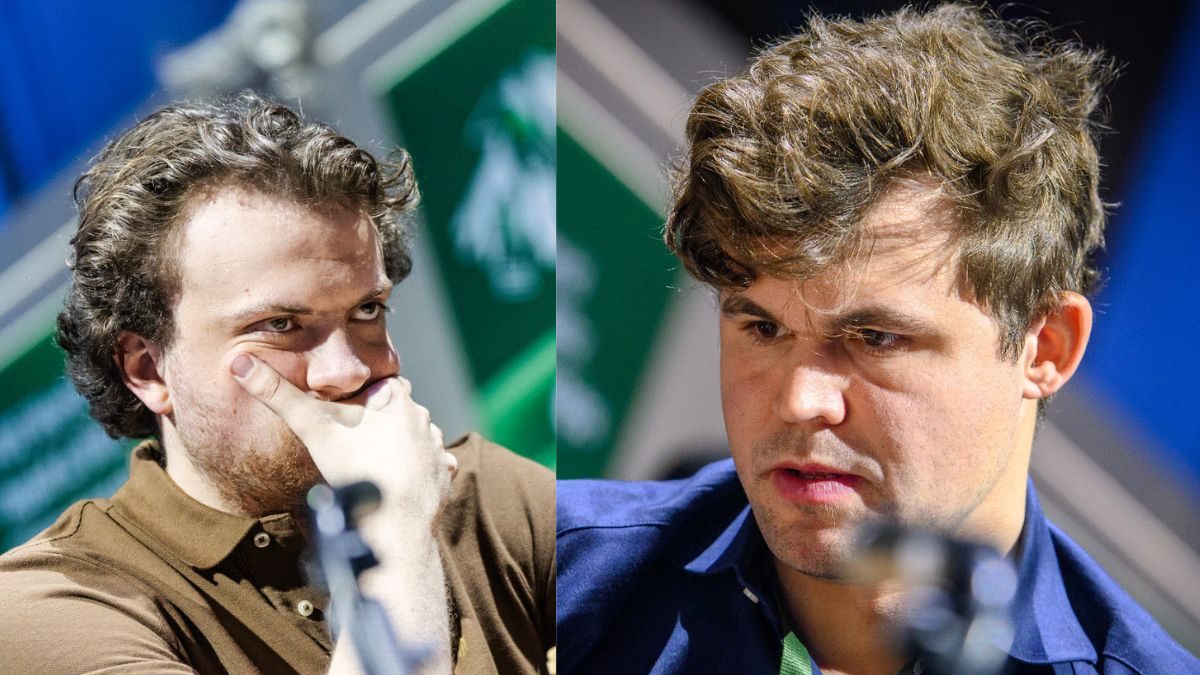 |
|
The chess world is embroiled in controversy following the unprecedented decision by Magnus Carlsen and Ian Nepomniachtchi to share the World Blitz Championship title. This decision, heavily criticized by American grandmaster Hans Niemann, has ignited a firestorm of debate surrounding fairness, financial influence, and the perceived bias within the Fédération Internationale des Échecs (FIDE). Niemann's outspoken condemnation of FIDE's actions and Carlsen's influence highlights a deep fracture within the competitive chess landscape, raising questions about the integrity of the sport's governing body.
Niemann's central argument revolves around the notion that the sharing of a world championship title is inherently flawed and unprecedented. He argues that the concept of a single world champion is fundamental to the very nature of the competition. By allowing Carlsen and Nepomniachtchi to share the title, FIDE, according to Niemann, has disregarded this long-standing principle. He further contends that this decision was driven primarily by financial considerations, potentially to avoid the complications and potential revenue loss associated with a proper playoff or tie-break system. This suggestion of prioritizing financial incentives over sporting integrity is a particularly damning criticism, undermining FIDE's credibility in the eyes of many chess enthusiasts.
Niemann's criticism extends beyond the shared title itself. He also points to a perceived pattern of FIDE bending to Carlsen's will. This allegation is fueled by a prior incident where Carlsen, despite a dress code violation, was permitted to compete in the Blitz event. Niemann sees this as further evidence of FIDE’s partiality, suggesting that the organization prioritizes appeasing a star player over upholding its own regulations. This pattern, Niemann argues, demonstrates a clear bias towards Carlsen, favoring his interests over the principles of fair play and consistent application of the rules. The potential for such favoritism to undermine the credibility of the entire championship system is a significant concern.
The analogy Niemann draws to a hypothetical shared US Open final underscores the absurdity of the situation in his view. He paints a vivid picture of the chaos and outrage that would follow a similar decision in a major tennis event, highlighting the stark contrast between the response to such an occurrence and the relative acceptance, or at least lack of decisive pushback, within the chess community. This rhetorical device effectively emphasizes the unusual and questionable nature of FIDE’s ruling, provoking reflection on the implications of such decisions for the future of competitive chess.
The core of Niemann's argument is a powerful indictment of FIDE's governance and its perceived susceptibility to the influence of powerful players. His accusations of bias and prioritization of financial gain over sporting integrity raise critical questions about the organization's ability to fairly govern the sport. The intensity of his criticism, along with the widespread debate it has sparked, suggests that this controversy may not easily fade. The long-term consequences for FIDE’s reputation and the credibility of its competitions remain to be seen, but Niemann's words have undoubtedly instigated a crucial conversation about the governance of professional chess.
The issue also extends beyond the immediate dispute. It exposes potential vulnerabilities within the structure of professional chess, prompting wider discussions about fair play, the role of governing bodies, and the power dynamics inherent in elite sports. Niemann’s passionate defense of fair play and his determination to prevent similar occurrences in the future highlight the deep-seated concerns that exist within the chess community, and ultimately demand a careful evaluation of FIDE's actions and their broader implications for the sport.
